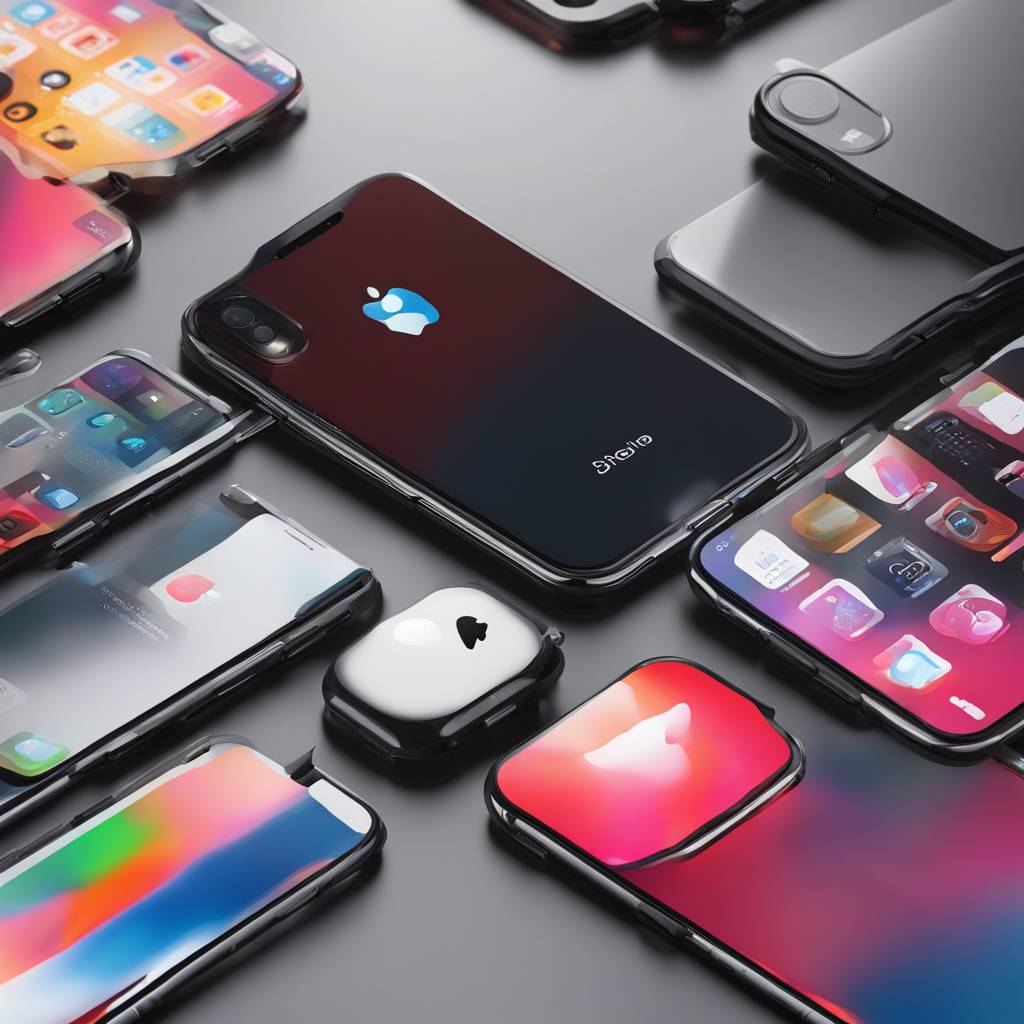Apple is preparing to announce its AI plans for the iPhone, with potential partnerships with Google and China’s Baidu in the works. The iPhone 15 family has fallen behind in the marketplace when it comes to generative AI, which will not be added until the next version of iOS. However, iOS 18 is expected to launch at this summer’s Worldwide Developer Conference and be available on the next-generation iPhone 16 family.
Like other smartphone manufacturers, Apple will focus on on-device and in-the-cloud AI processing. Tim Cook and his team will leverage Apple’s reputation for keeping data on the device for local processing, but will also utilize the cloud for AI applications that require significant processing. Apple is reportedly working to partner with Google to use its Gemini generative AI service, despite Google driving the adoption of the rival Android OS. This partnership could result in tens of millions of AI-using iPhone owners being attracted to Google, as it looks to establish its AI system over rivals such as OpenAI.
Google’s Gemini AI service is unavailable in China due to coal regulations and government regulations on generative AI modems, so Apple has opened negotiations with Baidu to include its cloud-based AI services in the upcoming iOS 18 and iPhone 16 family. Samsung has also revealed AI services for its new Galaxy S24 family, parts of which use Google Gemini, while relying on Baidu for AI services in China. It remains to be seen how Apple will differentiate its AI services from its rivals, particularly when they are built on the same technology.
Apple’s interest in AI partnerships with Google and Baidu comes as the iPhone faces competition from Android handsets that heavily promote generative AI. With generative AI not yet available on the iPhone 15 family, Apple is looking forward to incorporating it into the next version of iOS and making it available on the iPhone 16 family. The company’s strategy of leveraging on-device and in-the-cloud AI processing, coupled with potential partnerships, will be crucial in closing the gap with competitors in the AI space.
As Apple continues to navigate the AI landscape, the partnership with Google could prove beneficial in leveraging Google’s expertise in AI services. By working with Google, Apple could strengthen its position in the AI market and attract a large number of iPhone users to Google’s AI services. The partnership with Baidu in China also highlights Apple’s efforts to expand its AI offerings in key markets. It will be interesting to see how Apple differentiates its AI services from competitors, especially as they are built on similar technology.
In conclusion, Apple’s partnerships with Google and Baidu in the AI space reflect the company’s strategic approach to enhancing its AI capabilities on the iPhone. By incorporating generative AI into future iOS releases and collaborating with key players in the industry, Apple aims to stay competitive in the evolving smartphone market. The upcoming iOS 18 release and iPhone 16 family will likely showcase Apple’s advancements in AI technology, further solidifying its position as a leading player in the smartphone industry.













